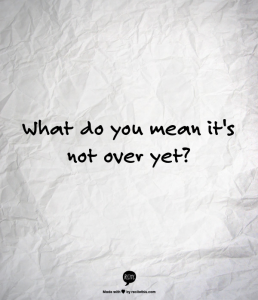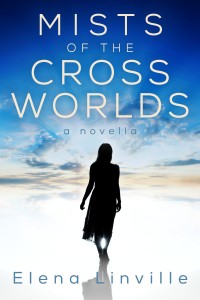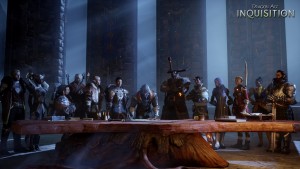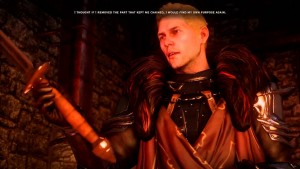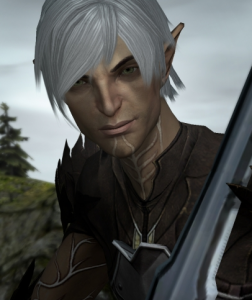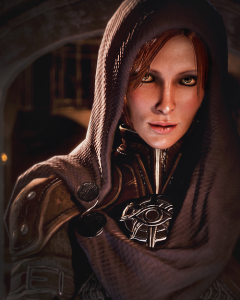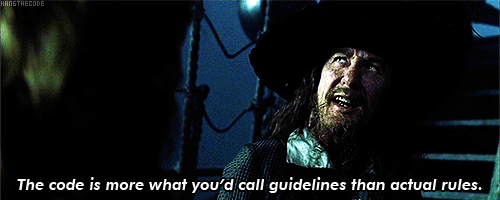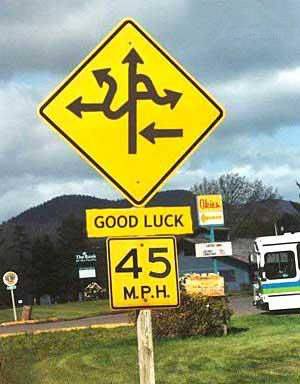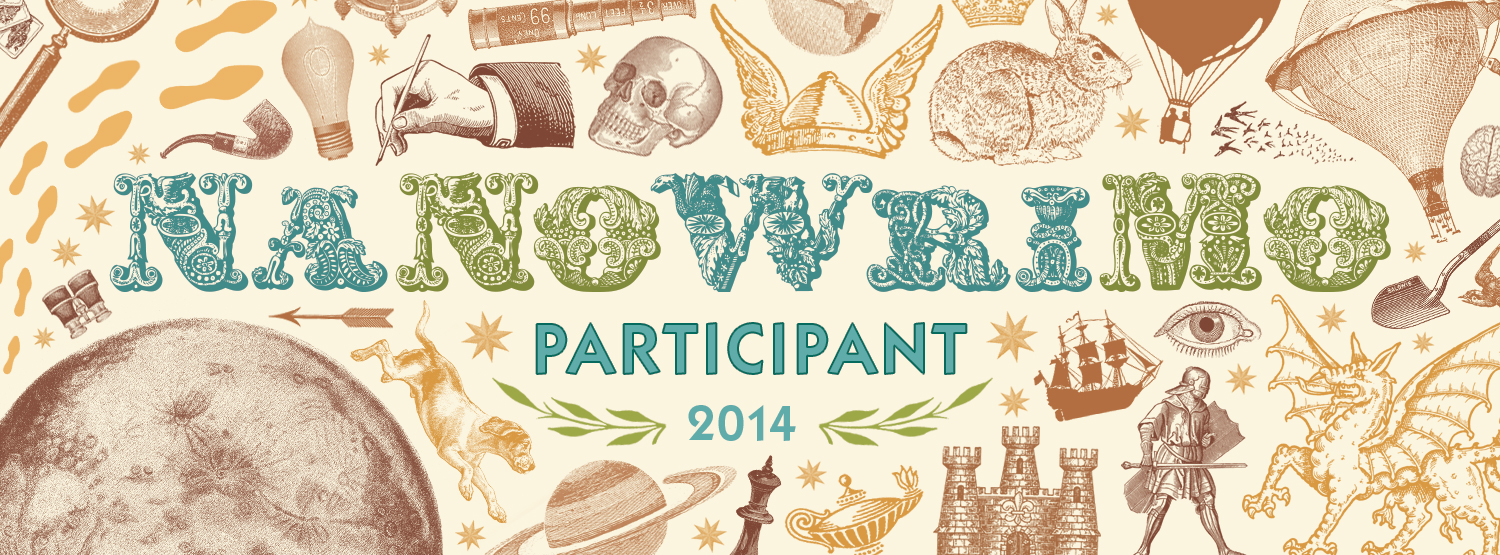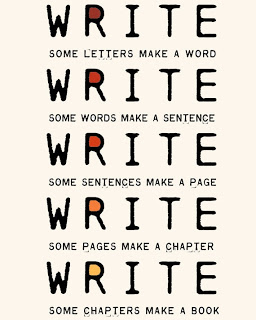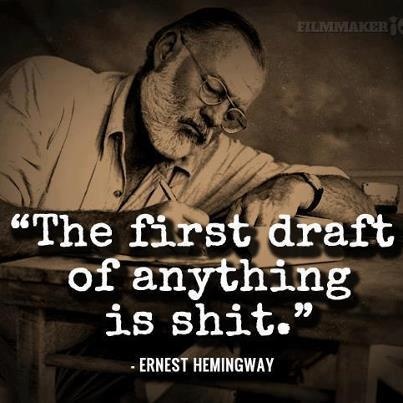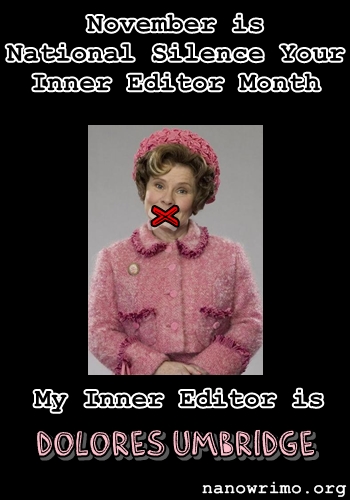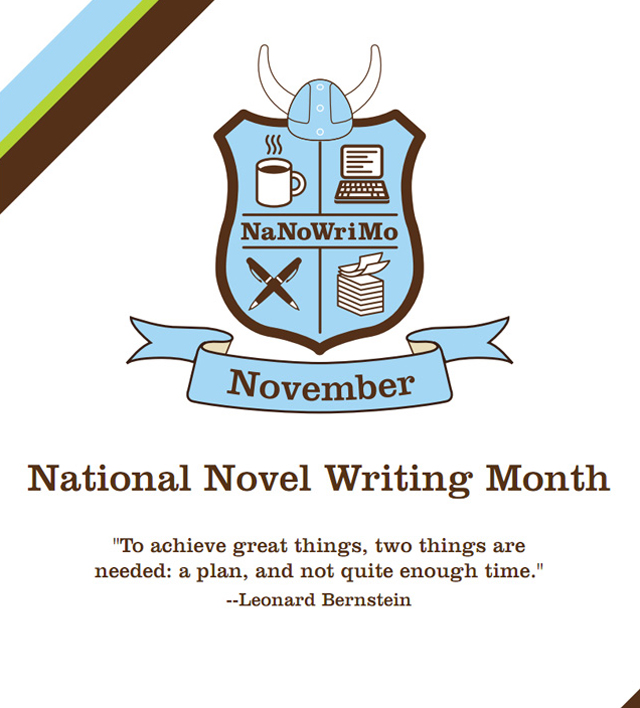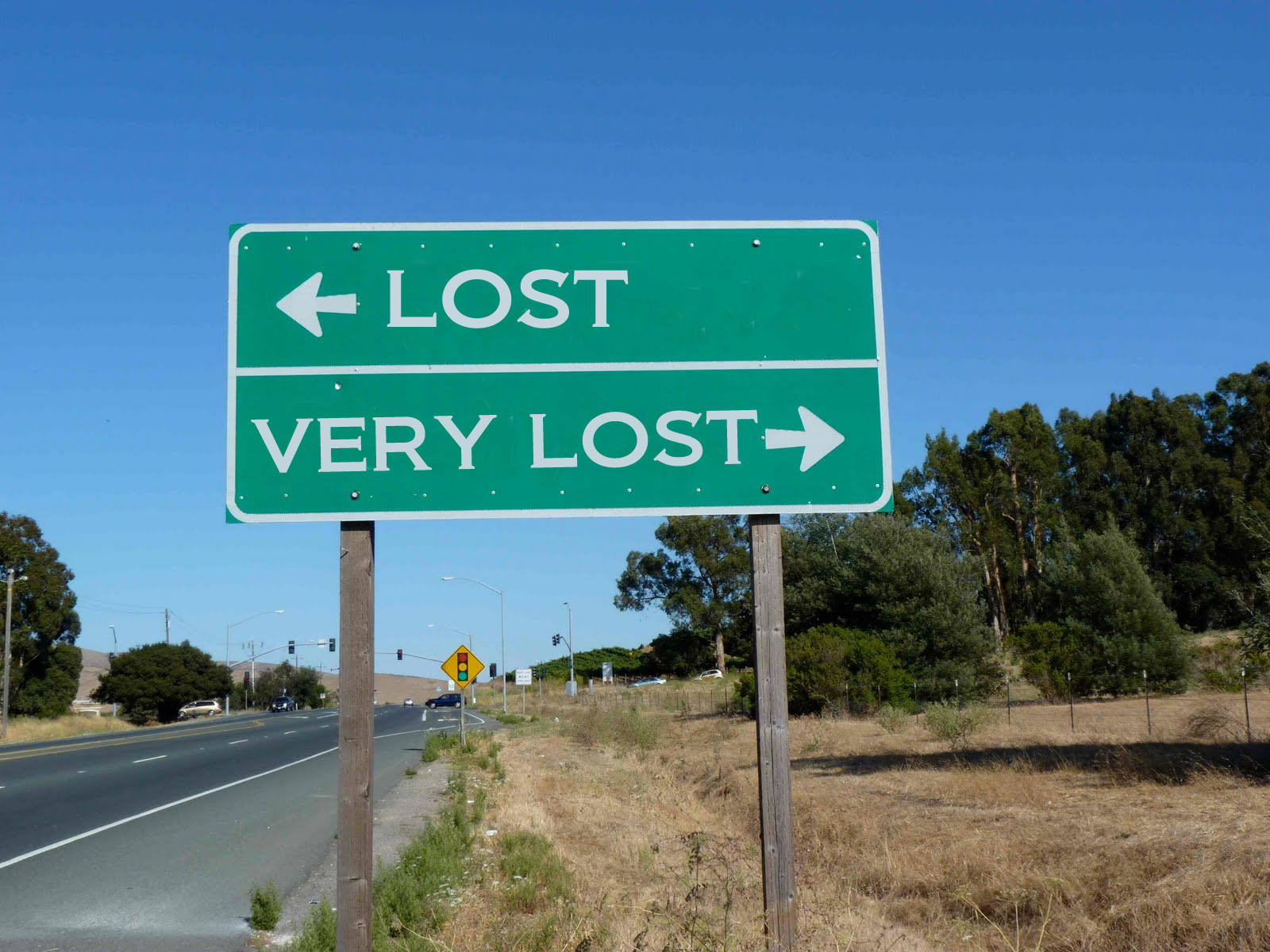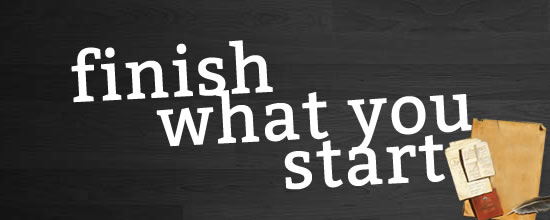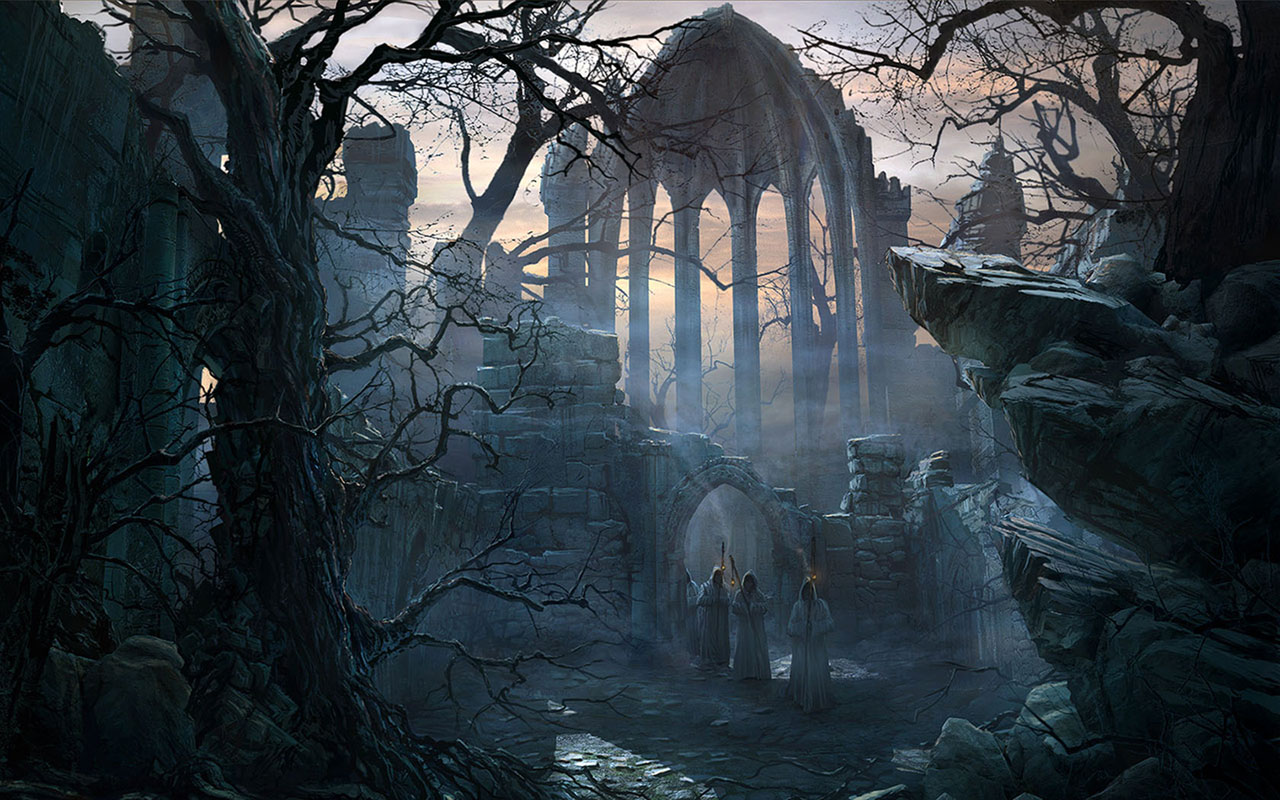I had to go back to the drawing board and re-outline my novella Mists of the Crossworlds, because I have realized that there was more to the story than I first thought… like at least 10k words more. This novella is slowly turning into a novel.
But this post is not about yet another transformation this ever-changing story is putting me through. Now that I’m forced to continue this story, I am faced with of the banes of a writer’s existence – the fear of the blank page.
When I first started writing, I thought this was a disease plaguing only new writers, but a year and a half and several finished projects later, I still get paralyzed by the sight of a blank page. The first 200 words of so of each daily session are the hardest to write. Sometimes they feel like pulling teeth. I have a detailed outline. I know where my story is supposed to go. And usually, once I get going, I can put up to 1k words on paper in one session without problems, but those first 200… they are always hard.
Before I started panicking, I dived into the wast ocean of the Internet and discovered that I’m not alone in my plight! That was strangely reassuring, actually. I think all of us creative types (writers, artists, painters) have this moment of fear when we begin something new. We stare at this yet unmarred page (or canvas) and we get scared to waste it, to create something unworthy. We forget for a moment that this is just the first draft, that any mistakes we make now can be corrected later. And no matter how many books you wrote and sold, how much money or recognition we gained, this fear will always be there…
I think it’s important to recognize that and not let it paralyze you. So I decided to analyze what helps me get past this fear and write anyway.
Sometimes, just sitting down and putting pen to paper, no matter what mood you are in, helps, because after those first excruciating 200 words, the story finally starts flowing again.
But sometimes summoning the enthusiasm to write isn’t as easy. I found that reading good books on writing helps me fall in love with the process all over again. I have two books that I always come back to whenever I am in need of a pep talk. I’m gonna post them here in the hope that they might help somebody else as well.
First of all, I need to mention this book, because without it I wouldn’t be writing today. On Writing by Stephen King gave me the courage necessary to start that very first story a couple years ago. It will probably never see the light of day again, but It nudged me into the right direction. It’s a wonderful view into the life of an author, and while it doesn’t have a lot of technical stuff about the whole writing process, it has a lot of motivational and heartwarming insights. I still come back to it whenever I am in need of inspiration.
Another wonderful book to have on your bedside table, or on your Kindle is Write, Publish, Repeat by Sean Platt, Johnny B Truant and David Wright. It has a lot of nuts and bolts of how to write and publish books, but also funny stories and plenty of encouragement. I think this book is a must read even if you are not planning on self-publishing your stories. I find it extremely motivating.
Another wonderful motivator is going to other writers’ blogs and reading their stories or hopping on Twitter and talking to a few fellow writers about it. Writing a solitary process, yes, but it doesn’t mean we are alone in this struggle. We all have good and bad days. We all get paralyzed by the sight of a blank page from time to time. So reaching out and just talking about it with people who understand exactly what you are going through helps a lot.
So there you have it. My struggle with the blank page and my ways of coping with it. What about you? Do you get blocked by the fear to start something new? If so, how do you get past it? I want to hear from you!




